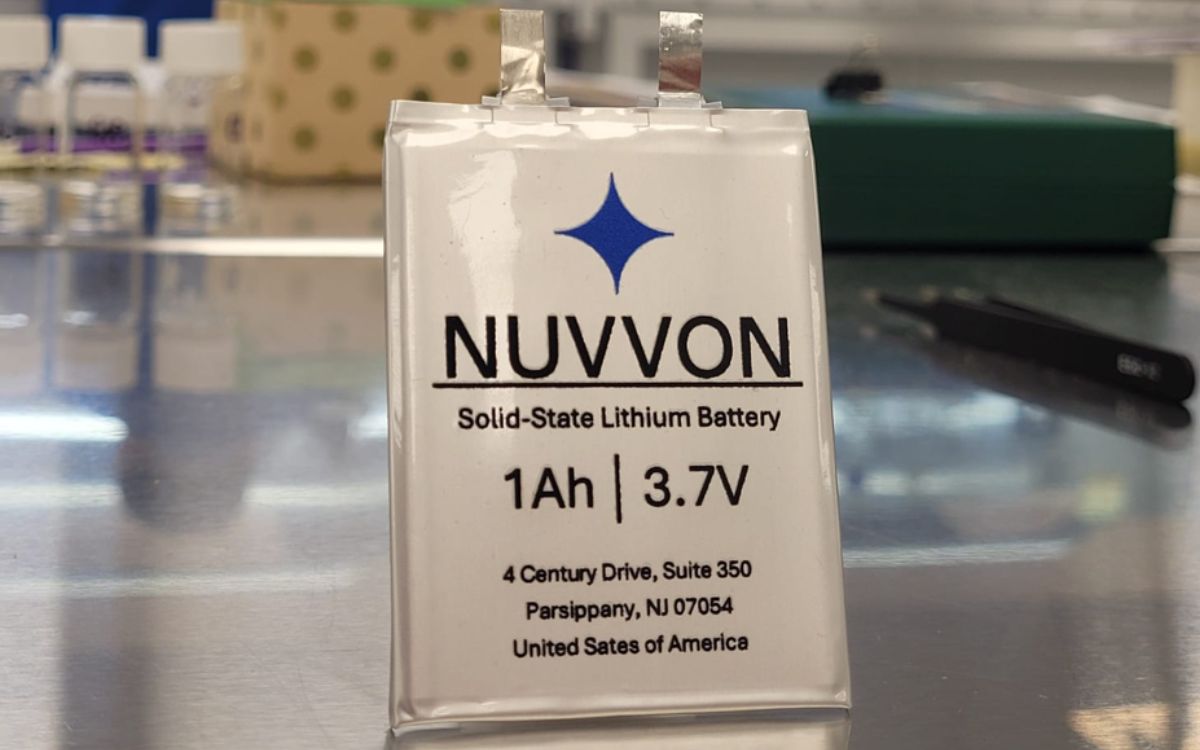The UK government has removed obstacles to battery and pumped hydro storage deployment by clasifying energy storage technologies as a distinct subset of electricity generation.
The decision should provide greater clarity and certainty for investors on how storage is regulated, as well as giving greater clarity on a project’s costs when connecting to and using the power network, stated industry group Electricity Storage Network.
The move to aid the deployment of energy storage was made in a Bill passed on 6 July by UK energy minister Kwasi Kwarteng.
The issue concerned energy storage having no formal definition: meaning it was charged once as a demand customer for its imports and again as a generator for its exports— so called double charging.
As far back as October 2020, the Renewable Energy Association was calling for clarity in classification because it felt ‘power storage’ was different to ‘power generated’, as well as energy storage having a number of technologies under its umbrella— not just electrochemical.
Rachel Hayes, director of the Electricity Storage Network, said: “We welcome the announcement that the government will use the Energy Security Bill to define electricity storage and licensing requirements in law, adopting the definition drafted by the Electricity Storage Network.
“The government has chosen to define storage as a sub-set of electricity generation, rather than creating a new dedicated licensing regime that recognises storage is not a form of generation but a distinct activity.
“Many in the electricity storage sector would, therefore, like the announcement to be a stepping-stone towards a dedicated licence for storing electricity.”
Fraser Stewart, just transition lead at not-for-profit firm Regen, said: “The government’s Energy Security Bill, like the Energy Security Strategy, fails to deliver the necessary measures on energy efficiency as the quickest way to reduce energy demand, increase energy security and bring down costs for those in crisis, especially fuel poor households.
“The measures announced will also do little to support people worried about a looming £3,000 ($3,500) price cap that now dwarfs the support government previously offered.”












